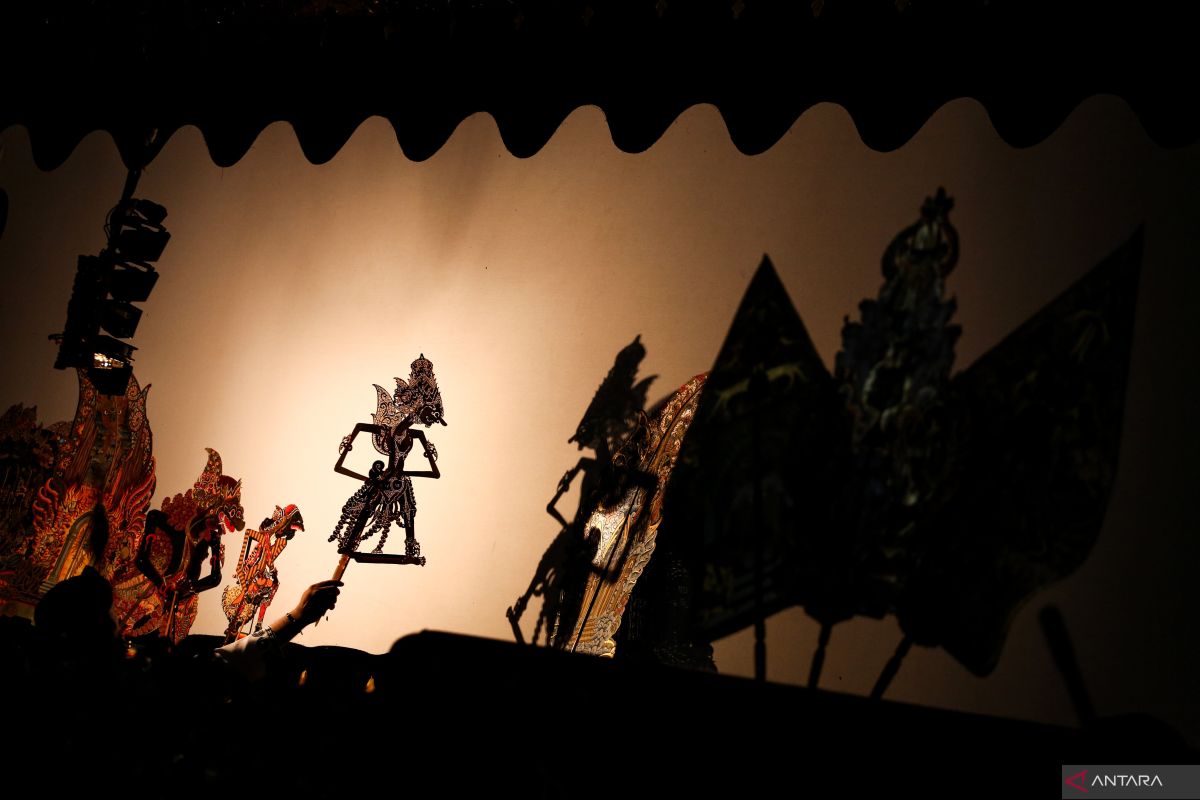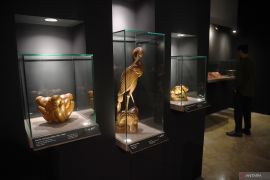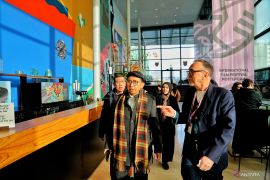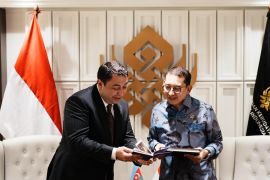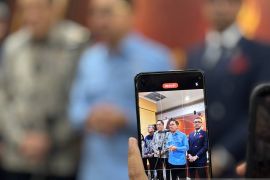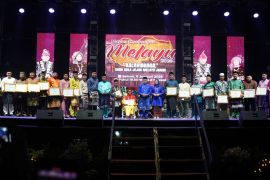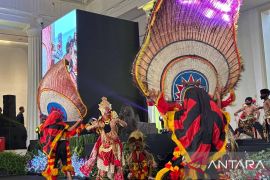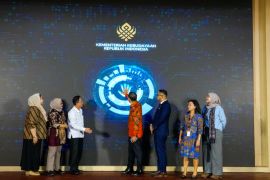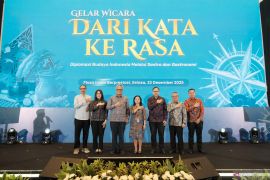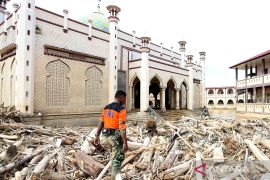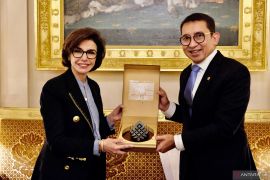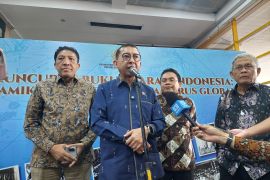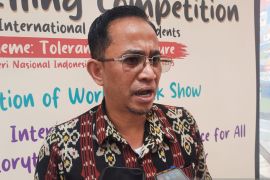Not only is this wealth a source of pride for the nation, but it also offers economic opportunities to the people.
The Indonesian cultural sector, which encompasses cultural and culinary festivals among others, has proven to be one of the most valuable contributing sectors to the national economy.
As a result of the continued growth of the creative economy, Indonesia’s cultural wealth has transformed from a mere identity into a catalyst for the economy that helps create employment, advance tourism, and brand the country as the world’s cultural powerhouse.
Culture Minister Fadli Zon has gone as far as to say that Indonesia has the potential to emerge as the global capital of culture.
Such an optimistic view is easily understandable, considering that Indonesia is home to over 17 thousand islands and a host of ethnic groups that follow varying customs and traditions.
Hilmar Farid, a historian and cultural activist who once served as culture director general at the Ministry of Education, Culture, Research, and Technology, once spoke highly of the importance of the government investing in cultural affairs for the sake of the economy.
He said that every rupiah invested in culture will multiply in value tenfold.
It is worth noting, though, that strategic policies that are supportive of the preservation and promotion of culture are vital for Indonesia to fully capitalize on its wealth in culture.
Ministry of Culture
Astutely taking notice of the huge cultural potential, President Prabowo Subianto has decided to drive Indonesia to pay even closer attention to its culture by establishing the Ministry of Culture as a standalone institution.
This will allow the government to accord special priority to cultural affairs in national development agendas, with the end goal of bolstering culture’s position as one of Indonesia’s economic locomotives.
With the presence of a ministry dedicated to cultural affairs, it is natural for the people to pin hopes on the government, expecting the state to invest even greater efforts to preserve and promote cultural heritage and also ensure the protection of intellectual properties.
President Prabowo is also committed to boosting people’s participation in the preservation and development of Indonesian cultural heritage in the hopes of augmenting the competitiveness of culture-based creative economic products and ensuring their sustainability.
It is safe to hope that the establishment of the Culture Ministry will prove to be a turning point in the nation’s journey toward cementing the position of its cultural wealth as an economic engine, in addition to a national identity, ultimately branding and placing Indonesia as the global cultural economy giant.
Opportunities and challenges
Research by a tourism observer at Sanata Dharma University of Yogyakarta, Ike Janita Dewi, has shown that Indonesia’s culture sector absorbed around 44 million workers as of 2023, or nearly 30 percent of the country’s total workforce.
This number demonstrates how instrumental the culture sector is in creating job opportunities and boosting the national economy.
The research also highlights the huge economic impact resulting from art and cultural activities held in Yogyakarta province, pointing to the Rp160 billion (over US$10 million) generated from an art event that only cost Rp457 million (US$28.8 thousand).
Made Hani Jaya Dewantara, a researcher from Tenggara Strategics, confirmed the vast economic potential of the culture sector, noting that the Indonesian National Museum has contributed Rp372 billion (US$23.4 million) to the economy from ticketing and event-hosting.
He informed that Indonesia has generated around Rp10 trillion (US$630.7 million) from the domestic trade and exports of traditional fabrics and up to Rp7 billion (US$441.5 thousand) from each cultural festival.
As per the Culture Ministry, Indonesian culture is not merely a heritage but also a priceless resource that has the potential to make a considerable contribution to the national economy through music, movies, art performances, and other platforms, provided the government manages to create a suitable and supportive ecosystem.
The government is aware that to fully tap the economic potential of its cultural wealth, the state needs to address several challenges, including the availability and affordability of the facilities and infrastructure that artists and culture activists require to translate their ideas into valuable products replete with cultural expression.
Hence, the government is planning to provide artists and cultural activists with more affordable platforms to enable them to become more productive in the culture sector.
With the establishment of the Culture Ministry, coupled with the presence of adequate infrastructure and facilities, the sector is expected to grow into a robust economic pillar that helps the government create jobs.
This would bring concrete benefits to the people and cement Indonesia’s image as a country blessed with diversity in culture.
Translator: Putri H, Tegar Nurfitra
Editor: Aditya Eko Sigit Wicaksono
Copyright © ANTARA 2024
